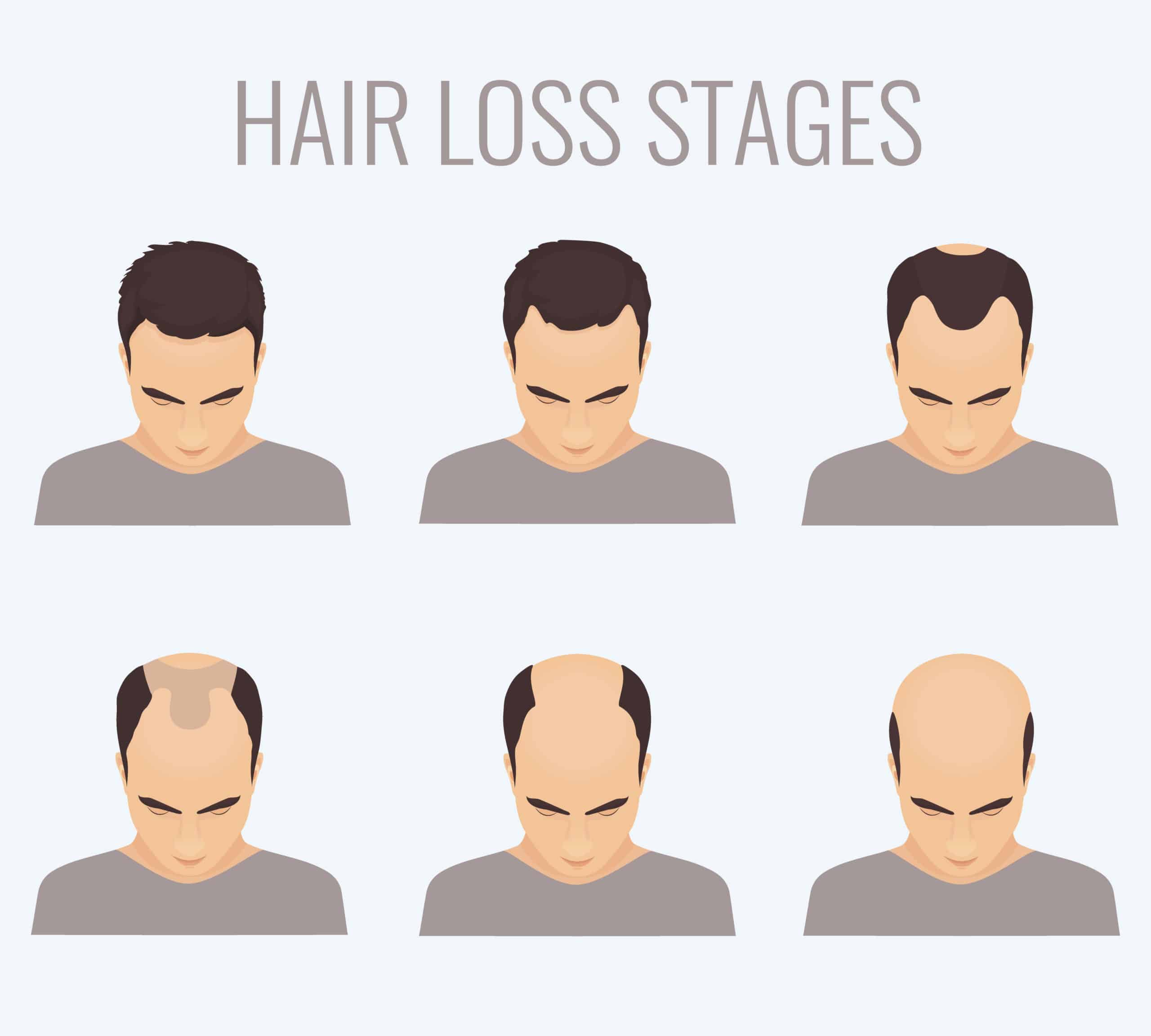The Bernard Rodriguez Journal
Exploring the latest trends and stories in news and lifestyle.
Where Did My Hair Go? The Mystery of Hair Loss Unraveled
Unlock the secrets behind hair loss! Discover the causes, myths, and solutions in our engaging guide to reclaiming your confidence.
Understanding the Causes of Hair Loss: A Comprehensive Guide
Understanding the causes of hair loss is crucial for those seeking effective treatments and solutions. Hair loss can stem from a variety of factors, ranging from genetics to environmental influences. One of the most common causes is androgenetic alopecia, also known as male or female pattern baldness, which is largely hereditary. Other significant factors include:
- Hormonal changes: Conditions such as pregnancy, menopause, and thyroid problems can disrupt the hair growth cycle.
- Nutritional deficiencies: Lack of essential nutrients, including proteins, Iron, and vitamins, can contribute to thinning hair.
- Stress: High-stress levels can lead to temporary hair loss known as telogen effluvium.
In addition to these factors, certain medical conditions and medications can also play a role. For example, autoimmune disorders like alopecia areata can cause sudden hair loss, while chemotherapy drugs are notorious for causing temporary baldness. Furthermore, habits such as excessive hairstyling, chemical treatments, and tight hairstyles may lead to traction alopecia, a condition where hair is pulled out from the roots over time. Understanding these diverse causes of hair loss not only empowers individuals to choose the right prevention and treatment strategies but also helps them approach their situation with greater knowledge and confidence.

10 Myths About Hair Loss Debunked
Hair loss is a common concern that often leads to the spread of numerous myths and misconceptions. One prevalent myth is that hair loss is solely inherited. While genetics can play a significant role, factors such as hormonal changes, stress, and diet also contribute to hair thinning and loss. Another common misconception is that wearing hats too often can lead to hair loss. In reality, hats do not trap heat or suffocate the scalp; they are harmless unless they are excessively tight, which can lead to traction alopecia.
Another myth worth debunking is that only men experience hair loss. In truth, women can suffer from hair loss due to various conditions, including hormonal imbalances and medical issues. Additionally, many believe that washing hair too frequently can cause it to fall out, but this is actually a falsehood; maintaining proper hygiene can keep your scalp healthy. Understanding these myths can empower individuals to seek appropriate treatments and embrace effective hair care practices.
What Are the Most Effective Treatments for Hair Loss?
Hair loss can be a distressing issue for many individuals, but there are several effective treatments available to combat this concern. The first line of defense often includes topical solutions, such as minoxidil, which is applied directly to the scalp and has been clinically proven to stimulate hair growth. Additionally, prescription medications like finasteride are commonly used to help reduce hormone-related hair loss, particularly in men.
For those seeking more advanced options, procedures like hair transplant surgery and laser therapy have shown promising results. Hair transplants involve harvesting healthy hair follicles from one area of the scalp and implanting them into thinning or balding areas. On the other hand, laser therapy utilizes low-level lasers to enhance blood circulation in the scalp, promoting healthier hair growth. Considering these options can help individuals make informed decisions regarding the most suitable hair loss treatments for their unique needs.